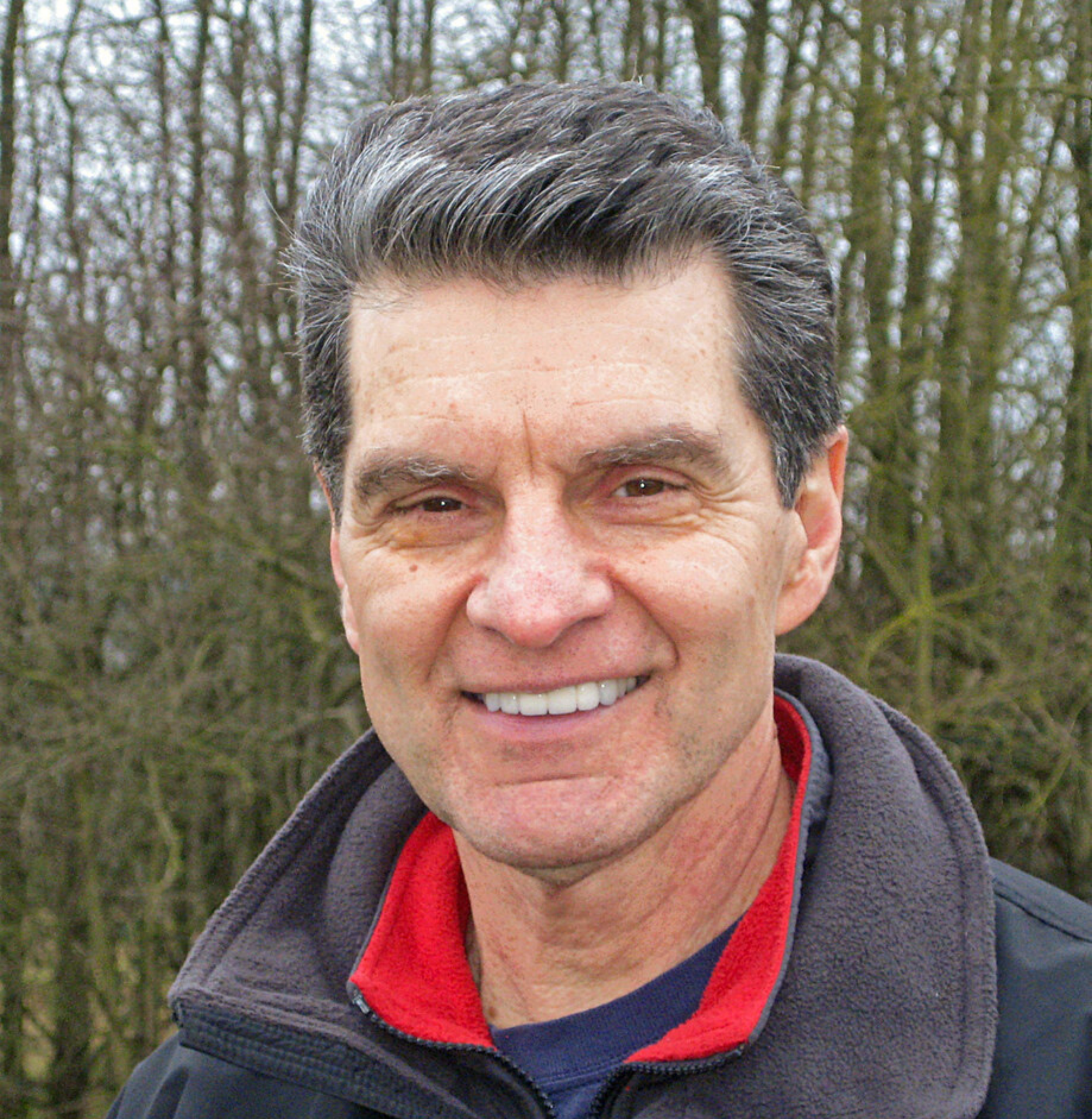Deepwater Horizon Penalty Funds Helping Birds in the Gulf of Mexico
Written by Andy McCormick
Andy McCormick, Volunteer and Former Board President of Eastside Audubon
Successful breeding areas for birds are being created on barrier islands in the Gulf of Mexico using $8.8 billion from the largest environmental settlement in history. Cooperative work among many agencies is demonstrating that habitat restoration works if it is done well and with the needs of birds in mind.
GULF OF MEXICO AVIAN MONITORING NETWORK
Once national organizations and local groups could assess the damages from the Deepwater Horizon offshore oil platform blowout in the Gulf of Mexico, they soon realized that data collection on bird abundance and distribution would need to be shared. In response to this need, the groups have formed the Gulf of Mexico Avian Monitoring Network and are working to organize the public and private groups in the five states involved in the restoration to collect data in a coordinated manner.
This story of successful habitat restoration is told in Scott Weidensaul’s story “Ten Years Later,” in the autumn issue of Living Bird, the magazine of the Cornell Lab of Ornithology. Brown Pelicans, Royal Terns, Laughing Gulls, Least Terns, Wilson’s Plovers, and Black Skimmers and many species of shorebirds are now benefitting from the rebuilt habitat and are breeding on restored islands.
“AS SOON AS THE TEAMS LEAVE THE BIRDS START NESTING”
Many of the hard-hit islands have required rebuilding to re-create good bird habitat, and with thoughts toward the future, to protect them from further erosion by rising sea levels. Workers on these large restoration projects attest that birds are returning to the barrier islands almost as soon as the teams are finished.
Racoon Island is about 160 acres of sand and marsh in a barrier island chain off the coast of Louisiana. Researcher Juita Martinez estimates that there are now 10,000 Brown Pelican nests on the island and thousands of Laughing Gulls. The Caminada Headland near Grand Isle has required 3.3 million cubic yards of sediment to rebuild the 14-mile beach which is now used by Least Terns and Wilson’s Plovers.
Queen Bess Island has been rehabilitated to provide more habitat for Brown Pelicans. Queen Bess was the location where the pelicans were reintroduced in 1968 to assist them under the Endangered Species Act. The response by pelicans has been heartening.
LARGEST ENVIRONMENT DAMAGE SETTLEMENT IN HISTORY
This September marked 10 years since the final capping of the oil spill following the explosion on the Deepwater Horizon. NOAA (National Oceanographic and Atmospheric Administration) reports that 134 million gallons of oil spread over 15,300 square miles of ocean and fouled 1,300 miles of beaches from northwestern Florida to eastern Texas. It was estimated that 1 million birds were killed in the aftermath of the explosion. Shorelines and vegetation were devastated. Eleven employees were killed in the explosion and another 17 were injured. A six-year legal battle prevented the commencement of major restoration work until four years ago.
MIGRATORY BIRD TREATY ACT IN DANGER
BP settled with the federal government and the five states -Florida, Alabama, Mississippi, Louisiana, and Texas – under terms of the Migratory Bird Treaty Act, demonstrating the importance of this law which holds companies accountable for deaths of birds due to the company’s actions. However, the Trump Administration is now in the process of weakening this act by reinterpreting the bill to remove the penalties for “incidental taking” of birds. “Taking” in this context means killing migratory birds or causing their death.
There is likely no business that would admit to intentionally killing birds. If the administration is successful in changing this law, denial of intention to kill birds will be common and companies responsible for killing birds will have an easier time escaping potential penalties. Audubon believes that companies like BP need to be held responsible for their actions against birds. Please see the National Audubon website for more information on how we can defend the Migratory Bird Treaty Act.
Photo credit Mick Thompson.


